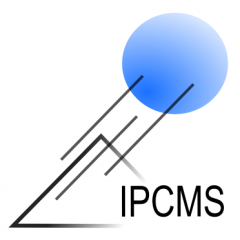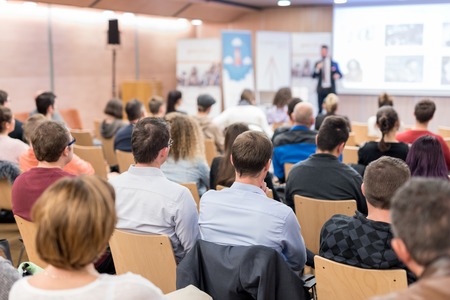Florence GAZEAU (MSC Med Lab and IVETh integrator , 45 rue des Saints Pères, 75006 Paris, France)
Résumé : The clinical use of extracellular vesicles (EVs) will progressively become a reality in view of the number of ongoing clinical trials worldwide harnessing EV potency for tissue healing, resolution of inflammation (notably in Covid 19 patients), vaccination, drug delivery or cancer therapies, among others. EVs, encompassing a variety of cell shed nanoscale membrane vesicles (exosomes, ectosomes, microvesicles, OMV from bacteria…), are released by all cell types, either spontaneously or after induction, and circulate in all body fluids playing an active role in many physio- and pathological processes. EVs contribute to intercellular communication and immunomodulation via delivering bio-molecules like nucleic acids, proteins, and lipids that modify the recipient cells. Numerous biological effects of cell therapy rely on the cells’ secretome and, in particular on biomolecules contained in EVs, which are now studied as potential therapeutic agents to recapitulate a substantial part of the parental cell’s benefits, especially for stem cell-derived EVs. However the clinical translation of EV-based biotherapies face numerous challenges such as cost-effective large scale bioproduction compatible with a clinical use (GMP manufacturing), reproducibility from one batch to another and difficulties to isolate, characterize and identify the most potent nanosized subfractions from a complex and heterogeneous cell secretome. In addition, the technologies to engineer EVs in a pre-production or post-production step to convey specific proteins, nucleic acids, drugs and nanoparticles and improve or control their specific targeting and therapeutic activities are still in their infancy. In this presentation, we will present the breakthrough technologies for high throughput bioproduction, engineering and multimodal IA-assisted characterization of therapeutic stem cell-derived EVs, as well as EV delivery, that have been developed in our lab and led to the creation of two spin off. These technologies, based on multidisciplinary and physics-powered approaches (turbulence approach for high yield high throughput EV bioproduction and loading, EV delivery in a carrier gel, multimodal analysis tool box) are available for the industrial and academic partners on our innovation hub IVETh (https://iveth.u-paris.fr/) labelized as a national industrial integrator biotherapy-bioproduction in 2022

